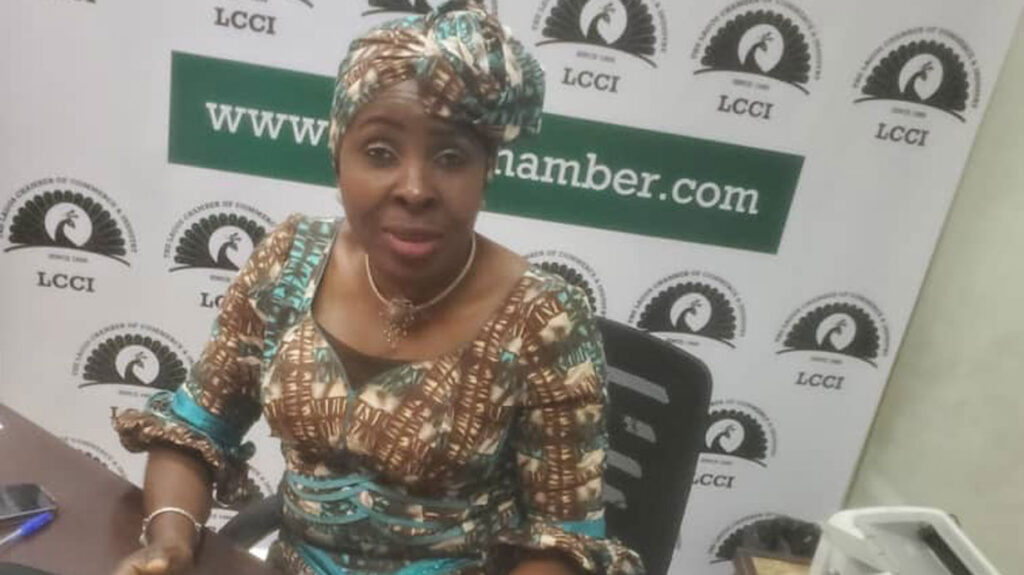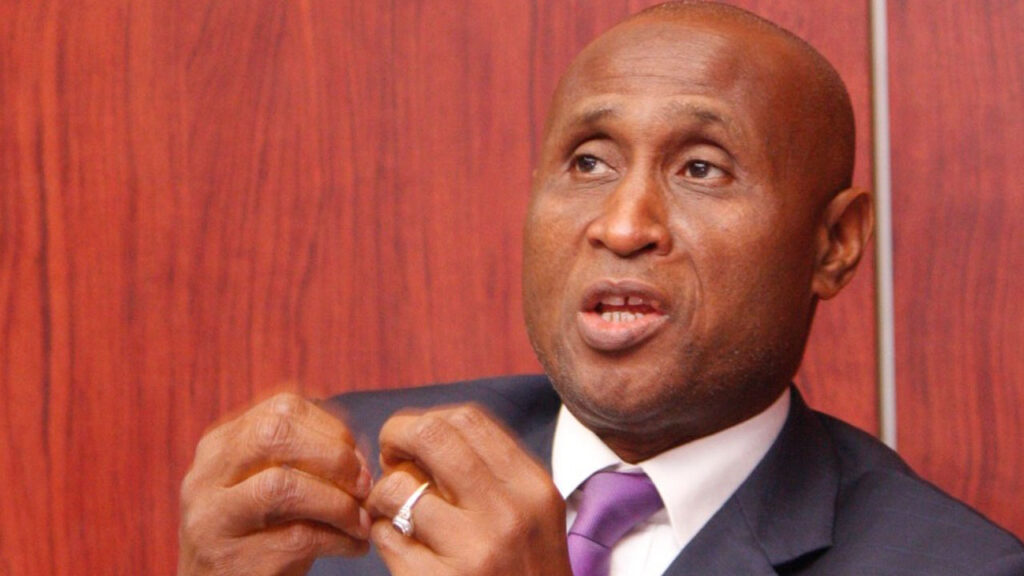
WHAT is the economic implication of smuggling to a nation like Nigeria?
SMUGGLING is generally not good for an economy. Some items are, as a matter of principle, not allowed to enter into the country. There are those that are allowed, but because people want to avoid payment of tariff they go into smuggling. On the other hand, there are goods that are not supposed to come in at all, either because government wants to promote some industries or to avoid competition in the market. This is because some goods are actually cheaper when they are brought in. If government intends to develop such industries and businessmen bring in goods that ought to be produced in the country, that would not allow locally made goods to compete favourably. The cost profile of the local goods produced would be higher than the ones imported. If such trend continues, the local industries would die.
For instance, if government wants to develop the cell phone industry and to import a cell phone costs N10,000, while the local one goes for N25,000. People would easily go for the one of N10,000. They will not patronize the one made locally. The best way to develop the local industry is to ban importation. By so doing, the local industry can now have a market by force and can overtime, be able to refine the production process so as to bring down their price. That’s the theory, and that is how many countries, including China and India developed. Many of these countries, at a time, had to close their borders so as to develop their local entrepreneurship. Smuggling is working against that objective. When people smuggle, they are working against government’s overall macro-economic objective. It affects the country’s industrial policy and is bad for the system.
In the light of high cost of doing business and the temptation to bring in cheaper products, how best can government tackle smuggling?
Government definitely has a role to play to enhance infrastructure and to reduce the cost of doing business. A business enterprise in Nigeria would incur higher cost than its counterpart elsewhere, where things are different. If one produces pure water, leather bags or textiles, the cost one would incur in Nigeria, such as multiple taxations, power generation, security among others, would be accounted for in the factory gate price of the product. If one adds all these costs, which might not be so in other environment, the price would be affected.
Actually, there is no way the country can grow if those costs are not borne by anyone. If we say rather than bear the high cost, we should import, we would remain perpetual importers. Other people would be developing their industries and we would be supporting them at our detriment, just because we are looking at the short-term benefit. If businessmen continue with such a mentality, that it is cheaper to import, we would not grow any industry. With that, it means one would make money and send it abroad, and in so doing, create jobs in other economies. So, the only way is to take the hard, long route.
There is high cost of doing business, fine; we ought to operate within that environment and expect government to address the bottlenecks one after the other or as many as they can. Government should provide power and let entrepreneurs be sure of the domestic market. There must be a captive market, and as such, government must ensure that the borders are blocked. This will enable companies struggling in an environment where there is a high cost of doing business to have market. If they operate under a tough environment and they don’t have a market, it would be tragic. This is because government would have opened the door for the people to have the opportunity to purchase cheaper alternatives. When you have to struggle with power, security and cost of your product is double the cost of bringing it in, the industries will die, mostly from activities of smugglers. We would need to think of the long-term effects, by being able to operate with that high cost of doing business. Government would now try to ensure that the cost comes down overtime.
The only way we can encourage the industries is by blocking new goods coming from outside so that those people who want to dump wont be allowed. People can’t see two items and where one is cheaper, the other expensive, and you expect them to be patriotic buying the costlier item. It wouldn’t make sense.
Why is smuggling so hard to tackle?
It is mainly because of corruption. Even those who are pursuing the thieves are thieves themselves. When you send a thief to catch a thief, they are bound to compromise. They strike deals. Government needs to reform the Customs Service. When they reform it, and they actually want to help this country, they know the loopholes.
Do you see the new government reforming the Customs Service?
From what they are saying, we are all expecting something new. But as government has said that they would bring about change, we hope for the best. There is a lot of bad blood between the last and the new government. We hope that would spur them to perform. It is like catching an enemy. At least, one would want to expose the bad eggs; we hope that some thieves would be exposed. With that, it would set a standard that would help sanitise the system. If Customs were to be sanitised, those who have been in government before or whoever has any case to answer would be brought to justice.
Does it make economic sense to ban goods when they would always find their way into the country?
It makes a whole lot of economic sense. This is because without the ban, there would be no local industries, and we need industries. Take rice, for example. Many states in Nigeria, including Kebbi and about 20 others have capacity to produce rice that would be enough for the country. Even if it were not enough, the shortfall would be very marginal. The locally made ones would be of high quality. But many of the rice we import are stocked for about eight to 10 years. But here, one can eat fresh rice. Of course, it might have few stones, but, overtime, it can be refined. We cannot stop because of the stones. We can accommodate those and with time develop the right machines to perfect it. After all, how did those other countries do it; they are also developing countries. We have to go through it. We can’t say we want to have it perfect immediately; the first rice would definitely be full of stones, but we should not stop because of that.
How best can we then boost local production?
It boils down to government policy to encourage production. We want incentives for local producers. There are sectors that government has banned imports. Government needs to encourage local producers of the banned items. Government should find out what their problems are. If it is in the area of finance, land, extension services and others, they should provide capacity for opportunities in those areas.










